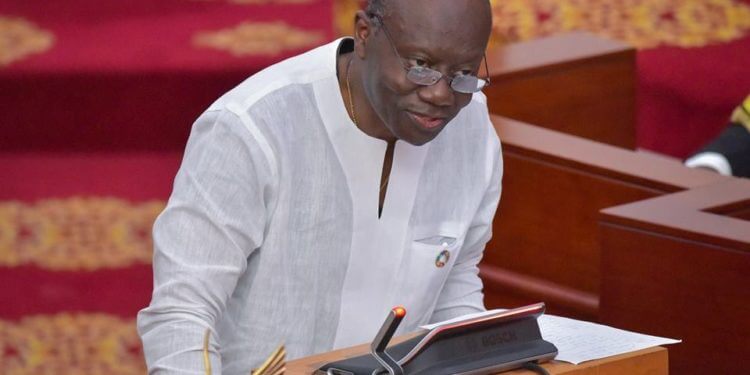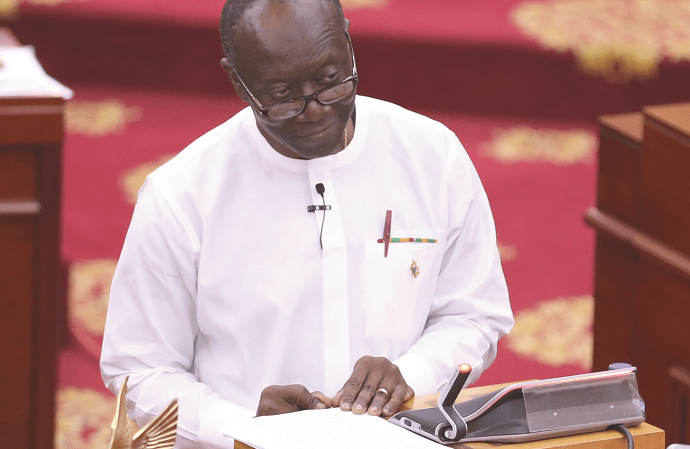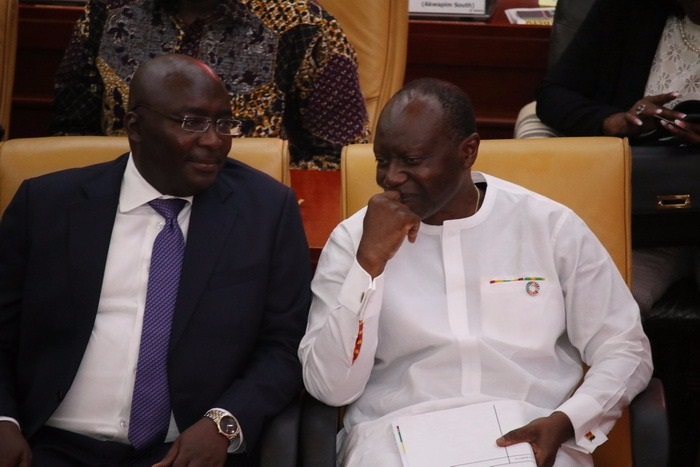Per Article 179 of the 1992 Constitution and Section 21 (3) of the Public Financial Management Act, 2016, (Act 921), the Finance Minister, Ken Ofori-Atta, will present before Parliament, the 2022 Budget Statement and Economic Policy of Government today, November 17, 2021.
2022 Budget – Thematic areas
The 2022 budget is expected to contain 4 major thematic areas which are:
• Entrepreneurship to drive youth employment
• Review of how the country’s resources have been spent so far
• Economic expansion recovery modules and
• The country’s mounting deficit
2022 Budget – Entrepreneurship
Last month, at a graduation ceremony of the University of Professional Studies, Accra (UPSA)the Finance Minister, Ken Ofori Atta noted that the youth needed to start creating jobs as the public sector was full and could not absorb more graduates into its system.
Each year, Ghana churns out over 100,000 graduates from its tertiary institutions. In 2017, the Institute of Social, Statistical and Economic Research (ISSER) estimated that only about 10% of graduates get jobs in their first year. If this figure holds true today, it stands to reason that only an estimated 10,000 graduates get employed in the first year after graduating.
So, the question remains, what happens to the remaining 90,000? And what happened to the government promise of creating some one(1) million jobs over the next four years under the Ghana Cares Programme.
Also, to support the entrepreneurship drive, the government noted the establishment of a YouBanc Initiative to help young graduates in their entrepreneurial pursuits.
The youth must therefore watch out for this development in the 2022 budget reading.
2022 Budget – Review of the country’s resource spending
The Akufo-led government has instituted several projects to ensure the growth of the economy such as the 1-District-1-factory initiative, the Ghana CARES Programme, the Planting for Food and Jobs Initiative, the digitization drive among others. All these plans require resources to ensure their fulfilment.
As the Finance Minister prepares to present the 2022 budget in parliament today, Ghanaians must watch out for how the nation’s resources which include tax payer’s money were equitably distributed among the government-led programmes to ensure economic growth and sustainability.
Over the past months, for instance, Akufo Addo claimed that the country spent 23% of its national budget on education which some have indicated to the contrary. Checks by Ghana Fact indicated that government expenditure on education is 14.20% and not 23%.
We expect the Finance Minister to clarify these discrepancies in the budget reading among other things.
2022 Budget – Economic recovery modules
Following the adverse effects of the current pandemic, the government instituted a number of stimulus programmes to inject life back into the Ghanaian economy. Most notable of them is the Ghana Cares Programme, which is a GH¢100 billion capital intervention.
The private sector according to the government is to provide 70% of the capital while the government will provide the 30% remainder. Despite this information, the government has not provided a cut-throat procedure on how the amount is to be generated and utilized.
Ghanaians must therefore watch out for the specificity of the funding programme.
2022 Budget – Mounting deficit
As of July 2021, total public debt had hit GH¢335.9billion, representing 76.4% of GDP compared to 68.7% of GDP in the same period of 2020. The figure has since been projected by the International Monetary Fund (IMF) to hit 83.5% at end of the year.
Should this take hold, Ghana’s economy would be among the list of highly-indebted countries, as the country is already among those said to be at risk of high debt distress.
The impact of high debt on a nation cannot be oversimplified. Higher national debt reduces public and private investments stemming from higher interest rates, which discourages borrowing for business expansion and growth among other things. This ultimately results in an economic meltdown.
Ghanaians must therefore watch out for how the government plans to rescue the economy from its high indebtedness.











